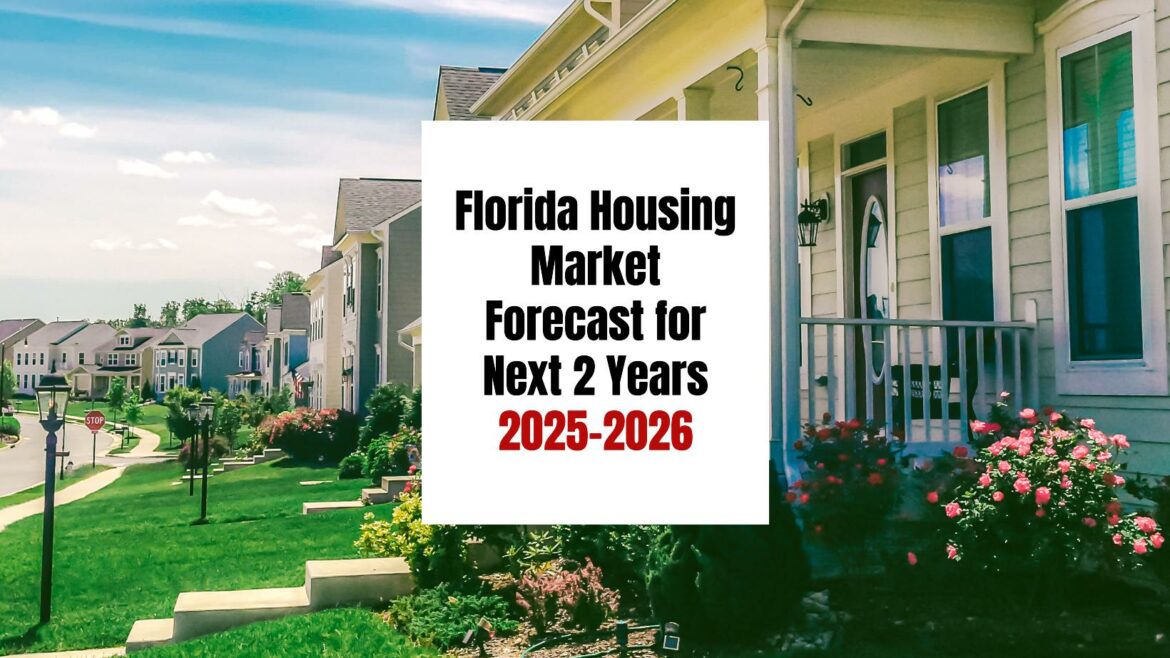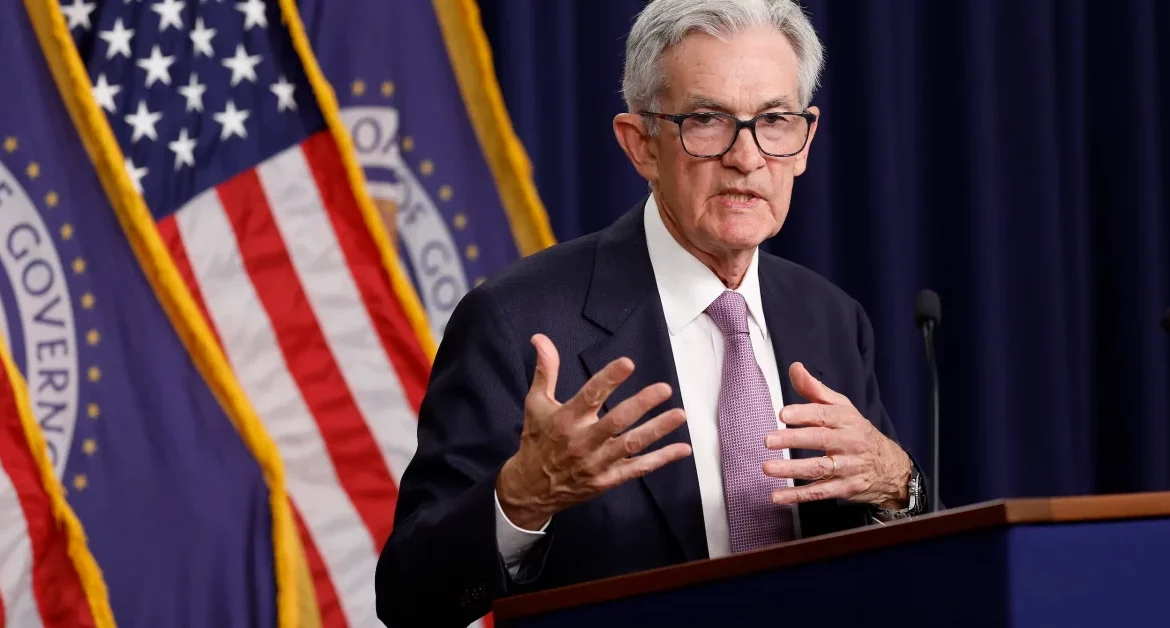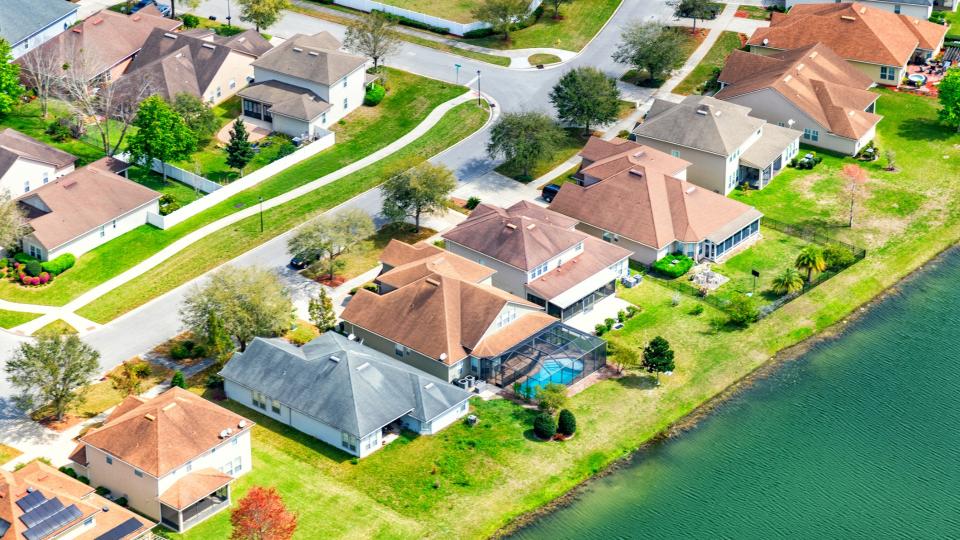The Florida real estate market continues to draw attention from buyers, sellers, and investors due to its sunny lifestyle, vibrant cities, and booming tourism industry. After years of rapid growth, one question remains: is the Florida housing market about to experience a slowdown? According to experts, a market crash is unlikely, but stabilization is on the horizon, with more moderate growth. Here are the key trends and forecasts for 2025-2026.
A Market Heading Toward Stabilization
After nearly 80% growth in home values over the past five years, the Florida housing market is expected to slow down slightly but remain strong. Analysts predict price appreciation between 3% and 5% per year starting in 2025, following a possible temporary price correction of around 10% to 15%. This stabilization comes after a period of high demand and housing shortages.
Inventory Increase
One of the major trends observed is the increase in available homes for sale. In 2024, the number of homes available significantly increased, offering more choices for buyers. This could also help slow the rise in prices and allow buyers to get better deals.
- Single-family homes: In September 2024, there was a 4.6-month supply of homes available, a 43.8% increase compared to the previous year.
- Condos and townhomes: Inventory reached a 7.4-month supply, an 80.5% increase year-over-year.
This increase in supply should lead to a more balanced market, reducing fierce competition among buyers.
Interest Rates: Pressure on Buyers
Mortgage rates are expected to remain high in the near future, around 6% to 7%, which could deter some potential buyers. However, a gradual decrease in rates is anticipated as inflationary pressures ease, potentially making home purchases more accessible by the end of 2024 and into 2025.
Population Growth: A Sustained Support
Florida’s population continues to grow, fueled by immigration and the appeal of the Florida lifestyle. This constant influx of new residents supports housing demand. Between 2022 and 2023, the population grew by 1.6%, and this trend is expected to continue, driving the real estate market despite economic pressures.
Vulnerable Areas to Watch
Despite the overall strength of the market, some regions in Florida show signs of vulnerability. According to CoreLogic, three metropolitan areas are particularly at risk of seeing price declines:
- Gainesville: This college town heavily relies on student housing, and changes in remote learning models could affect demand.
- Palm Bay-Melbourne-Titusville: This region’s dependence on the aerospace and defense industries makes it vulnerable to budget cuts and economic shifts.
- Lakeland-Winter Haven: The rapid price growth in this area hasn’t kept pace with wage growth, potentially leading to a market correction.
The Miami Anomaly
Miami stands out as an exception to these trends. Unlike other markets, this city continues to experience strong price growth, with a 9.1% year-over-year increase as of July 2024. Miami’s role as an international hub and its attractiveness to foreign investors give it a unique dynamic within the Florida real estate market.
2026 Forecast: Moderate Growth
By 2026, the Florida housing market is expected to see more moderate growth. Price appreciation should stabilize between 3% and 5% annually, supported by strong demographic demand and solid economic fundamentals in the state. However, challenges such as high mortgage rates and economic fluctuations could impact market dynamics.
The rental market is also expected to stabilize, with rent increases more in line with inflation. Single-family home rents may rise faster than those for multi-family units, but the overall rental market should normalize.
Conclusion
In conclusion, the Florida real estate market is likely to enter a period of stabilization in 2025, with moderate growth expected starting in 2026. While some areas face risks of price declines, overall demographic demand continues to support the market. For buyers and investors, it is crucial to closely monitor local trends and make informed decisions based on the specific conditions of each region.











